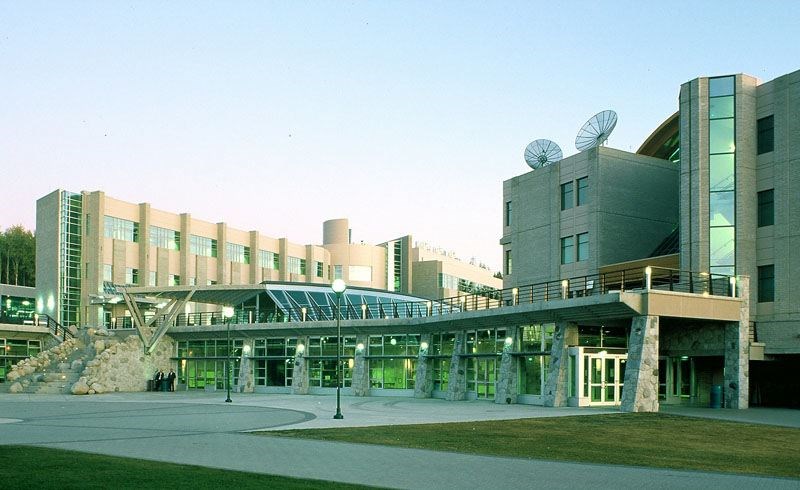An emergency provision that reportedly has been invoked by UNBC president Daniel Weeks to relieve five UNBC faculty members of their duties over the last year and a half is a measure employed in only rare circumstances, according to faculty union staff from B.C.'s other research universities.
The UNBC Faculty Association touched off a controversy over the state of labour relations at the local university after issuing a letter to the chair of the board of governors on April 18 taking issue with the suspensions.
The faculty association said the five faculty were relieved of their duties - with pay - by Weeks using an emergency powers provision, something that had never before been used at UNBC.
Emergency powers, as defined in the agreement negotiated between UNBC and the union, allow the president to relieve a faculty member of duty if they are the subject of an internal investigation and they are believed to pose a risk of harm to another individual or to university property.
Details of the circumstances surrounding the suspension of the five faculty members have not been released by either the faculty union or the university.
Stephen Rader, president of the UNBC Faculty Association, said one of the faculty members relieved of duties by the president was subsequently dismissed.
"In these cases, the members are relieved of duties with pay, so labour law considers it to be non-disciplinary, just a short-term procedure to de-escalate an imminent threat of harm," Rader wrote in an email to The Citizen.
Nevertheless, Rader said the faculty association considers the use of emergency powers caused harm to the career of these faculty members, due to the fact they were barred from interacting with colleagues and students.
"Being barred from those things is incredibly isolating, clearly punitive, and possibly career-ending if you are kept from your research for months and consequently do not obtain tenure," Rader said.
Weeks said the claim that five faculty members were relieved of duties through his own use of emergency powers was untrue. Asked at a public event last week, Weeks would not confirm how many times he had relieved faculty of duty using the provision, but said it was fewer than five.
"I have a responsibility at the institution to ensure that we have a safe, pleasant and harassment free workplace. In fact, by law I'm required to do so," Weeks said.
"This is a typical kind of issue and nothing untoward at all."
The emergency powers provision exists in a similar form at UBC, Simon Fraser University and the University of Victoria, albeit under different names.
According to Brian Green, executive director of the SFU Faculty Association, the provision is termed a "summary suspension" at his university.
He said the suspensions usually involve an imminent threat to public safety on campus.
"What they are there for is imagining a situation in which the nature of a complaint is such that there is a real allegation that people's safety is at risk," Green said of the provision.
Reuben Kellen, member services advisor for the UVic Faculty Association, said that, for a similar provision to be invoked by the president of UVic, an active and thorough investigation must also be underway.
"There have to be the two elements," Kellen said.
"It's not enough for there just to be an investigation. If there was a safety concern but no allegations of misconduct preceding it, the university would need to use some other justification if they wanted to place someone on a protective leave," Kellen said.
Officials from the administrations of both SFU and UVIC referred The Citizen to the collective agreement for their respective faculty members.
Both Green and Kellen said the use of these provisions were very rare on their campuses.
Kellen said he had only seen the provision used once at UVic in the three years he had worked there. Green said he had seen the provision invoked only once in the eight years he had worked with the union at SFU. During his previous nine year tenure as executive director of the UBC faculty union, he said he may have seen one case involving a similar provision.
"I would say that's very unusual, particularly considering the size of the campus at UNBC," Green said. "If there was one at UBC in my nine years there - and that's 3,000-3,500 faculty members - and one at SFU in eight years - that's 1,200 faculty members - they don't come up often."
There were 371 faculty at UNBC in 2015-16, according to the university's website.
In February, the university was named one of B.C.'s Top Employers for the third year in a row by the editors of Canada's Top 100 Employers.


